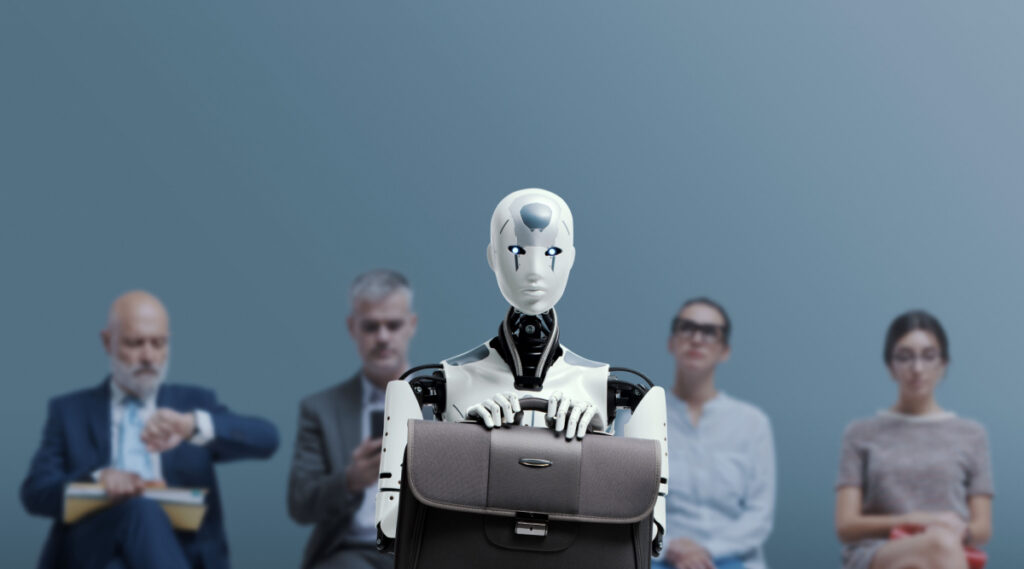Is AI Coming for Your Job?
|

Artificial Intelligence (AI) refers to the use of computer systems and software to complete tasks that used to require a human to perform.
AI is becoming more sophisticated every day. Not only that, but it’s also becoming more widely used. And because of that, many experts say that it’s very likely that AI will put a good number of people out of work in the near future.
How many people could this affect?
One expert in the field says that as many as 40% of jobs globally could end up being replaced by computers. Obviously, this would create a huge shift in the workplace and in employment (or unemployment) rates.
Is your job at risk?
AI has already changed many fields, most notably the tech industry. And IT jobs are ripe to be hit even harder since IT jobs mostly deal with repetitive tasks that can be easily automated.
In fact, any job that requires repetitive and/or mundane action faces a higher risk of being replaced by AI.
This could include things like:
- • Truck driving (self-driving cars and trucks are already being tested on the road)
- • Food preparation
- • Bookkeeping/accounting
- • Proofreading
- • Telemarketing/answering phones
- • Security (think: facial recognition software)
- • Translating
- • Speech recognition
- • Decision making
- • Delivery services
This is not a complete list, and as AI software becomes even more advanced, this list will likely only grow.
What can you do about it?
With the threat looming, it’s important to be ready for it and to take some steps that will help you still add value, even if your job is replaced by AI.
- Expand your skill set. Be ready to pivot if needed. Learn all you can about your own field, and about adjacent fields, so more job possibilities open up to you.
- Embrace the AI. Learning more about AI—how it works and what it can do—will only be an asset as it becomes more widespread. The more you know about it, the more value you’ll bring as someone who understands the potential of this technology.
- Find other ways to contribute. Your value can lie in more than just the skills you do on the job. You can help strategize and innovate in a way that a computer can’t. Hone those skills.
- Be visible. Don’t disappear into the background at the office; it makes you seem replaceable. Speak up. Bring ideas to the table. Contribute to company culture. Build your network. If you’re able to foster relationships with the people around you, they are going to want to keep you on board or help you find a new position if your current job gets automated.
The idea of people losing their jobs to AI is a scary one, but the truth is, it’s happening. Stay ahead of the problem by knowing if your job could be at risk, and by developing a plan that will enable you to continue to add value to your company and the workforce.
Leave a Reply


